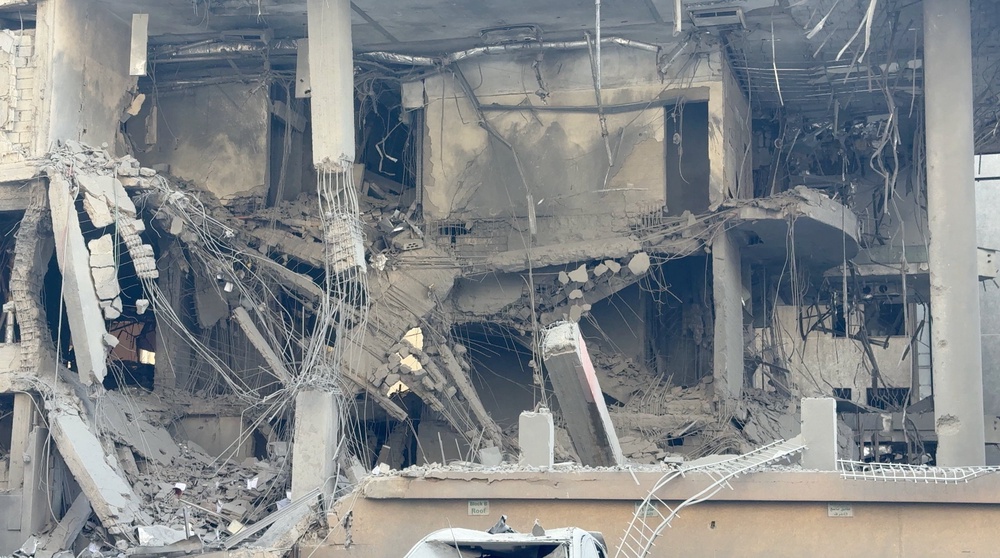
KTMB auxiliary police nab man over attempted cable theft along Telok Gadong–Teluk Pulai rail sector
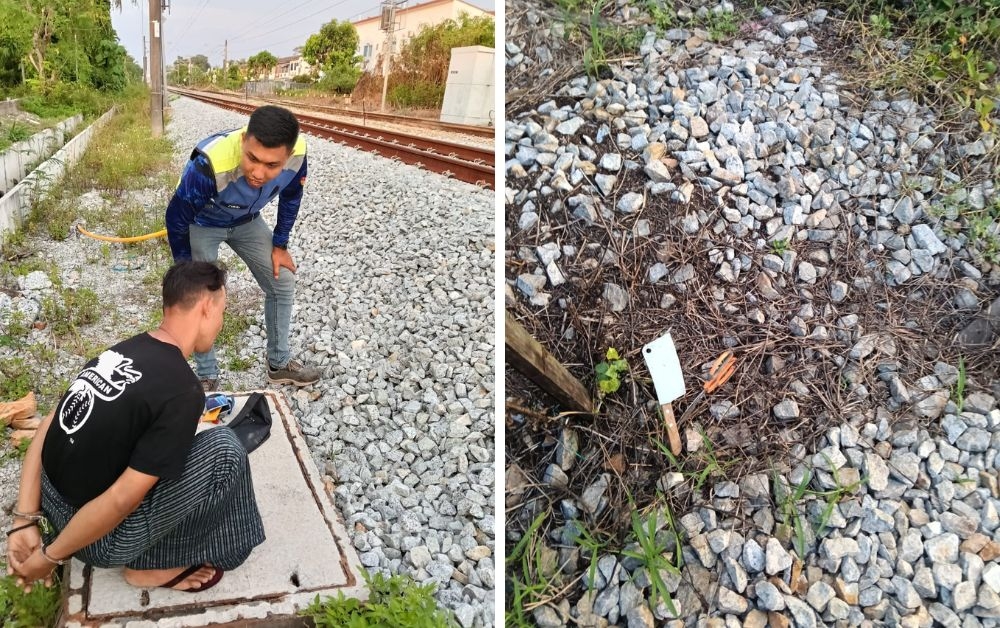
Keretapi Tanah Melayu Berhad (KTMB) has detained a foreign man suspected of attempting to steal railway cables near KM 37.478 along the Telok Gadong–Teluk Pulai sector yesterday evening. — Picture courtesy of KTMB
Thursday, 05 Mar 2026 2:25 PM MYT
KUALA LUMPUR, Mar 5 — Keretapi Tanah Melayu Berhad (KTMB) has detained a foreign man suspected of attempting to steal railway cables near KM 37.478 along the Telok Gadong–Teluk Pulai sector yesterday evening.
The suspect was apprehended at about 6.45pm after two KTMB auxiliary police personnel on patrol in a cable theft hotspot spotted a man behaving suspiciously near the railway tracks.
“KTMB stressed that trespassing and damaging railway property are serious offences under the Railway Act 1991 and the Land Public Transport Act 2010, which provide for strict penalties including fines, imprisonment or both,” the company said in a statement today.
“KTMB said it views any form of trespassing or attempted theft of rail infrastructure seriously, as such acts can compromise train operations and passenger safety.”
KTMB said the suspect attempted to flee when approached but was successfully detained by the auxiliary police officers.
A subsequent inspection found a small bag, a knife and a pair of scissors believed to have been intended for use in the suspected criminal activity.
The suspect and the seized items were later handed over to the Klang Selatan district police headquarters at about 7.20pm for further investigation.
KTMB said the man was believed to be a foreign national and was found without any identification documents.
The railway operator stressed that trespassing and damaging railway property are serious offences under the Railway Act 1991 and the Land Public Transport Act 2010.
KTMB warned that cable theft and related intrusions could disrupt train operations and compromise passenger safety.
The company urged members of the public with information on suspicious activities along railway tracks to report them immediately to the KTMB Auxiliary Police Information Centre at +603-2263 1194, which operates 24 hours.
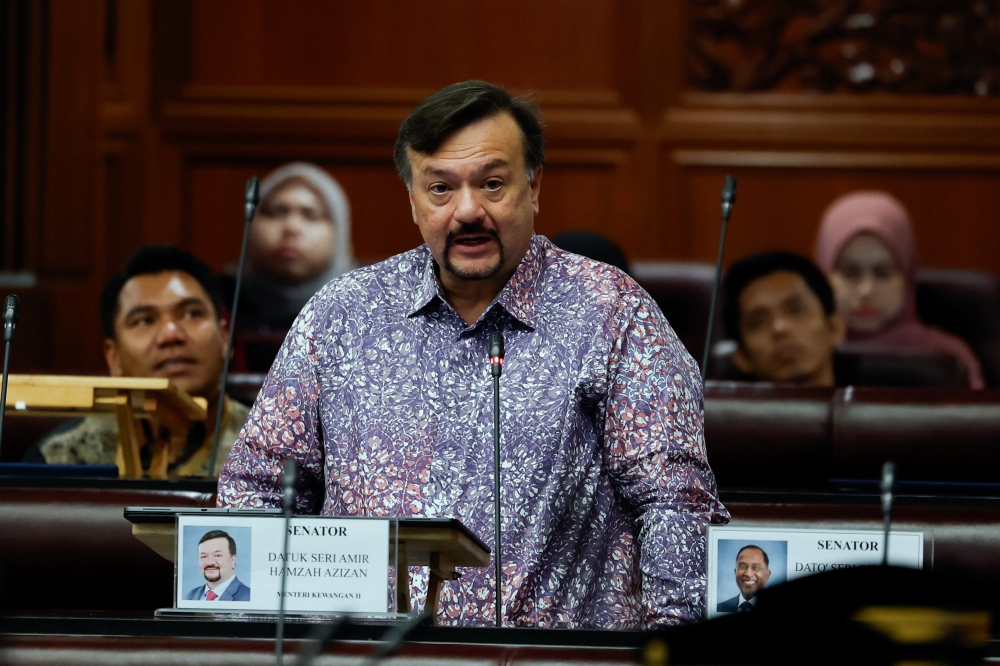

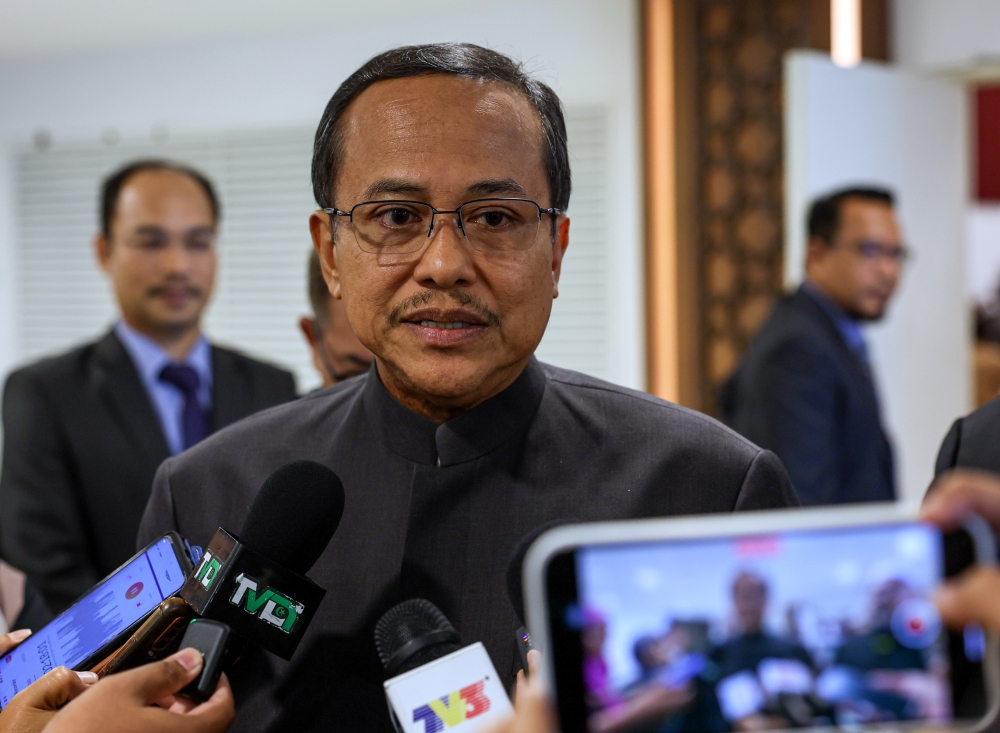




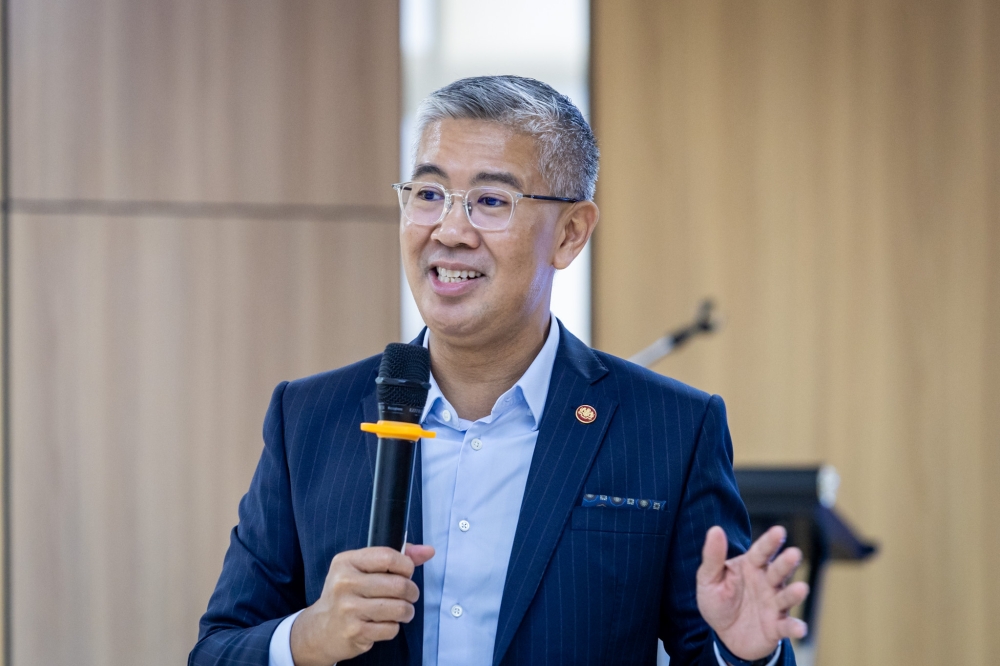





.png)







